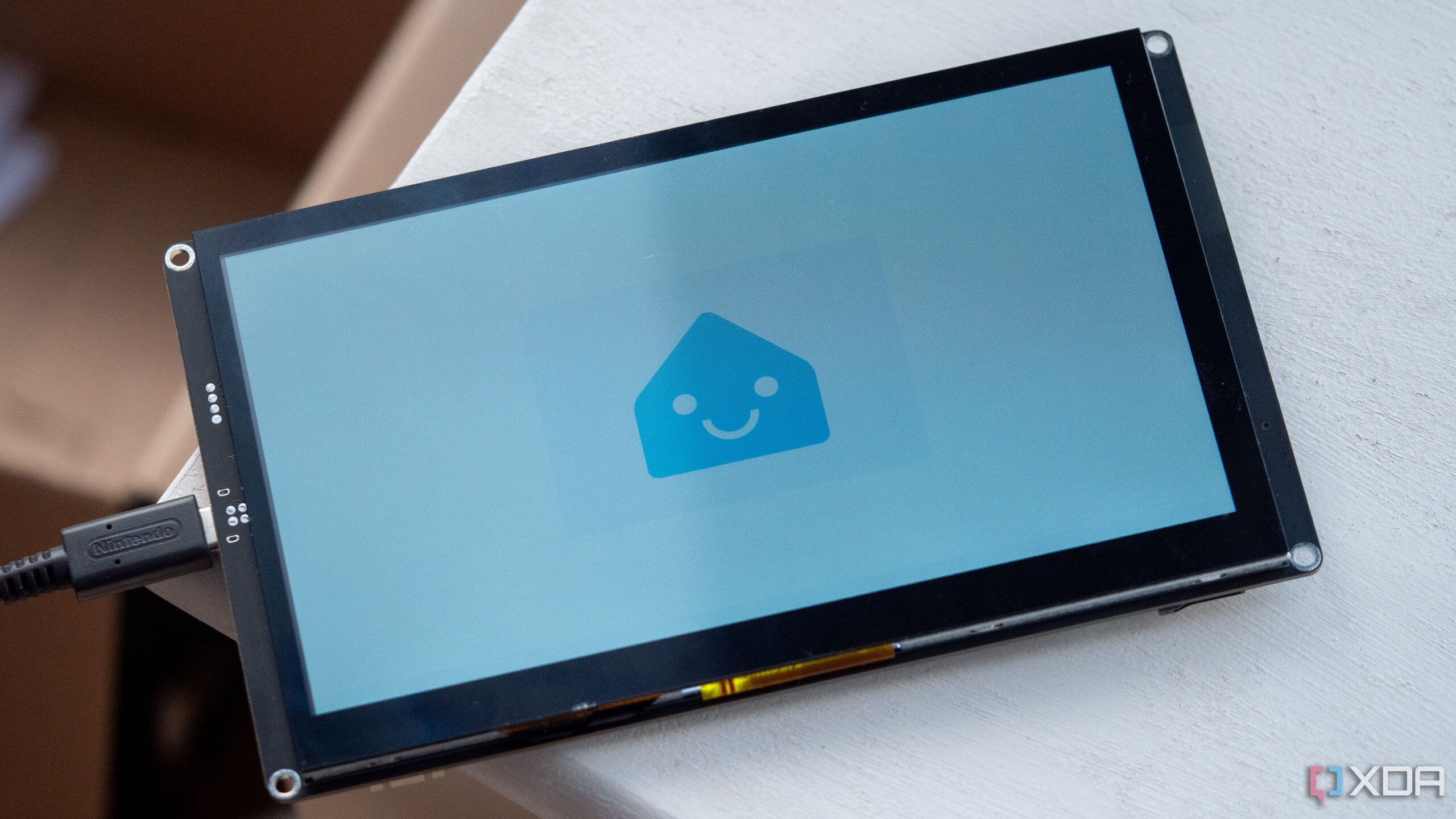BREAKING NEWS: A growing trend in smart home technology is transforming the way consumers interact with their devices. One user has decided to abandon off-the-shelf products in favor of building custom hardware, a move that highlights the urgent need for privacy and control in the digital age.
The shift, initiated in July 2023, stems from frustrations over closed ecosystems and cloud dependencies that limit users’ control over their devices. This DIY approach is gaining traction among tech enthusiasts who seek to reclaim ownership of their home automation systems.
The user began with basic components like a Zigbee coordinator and temperature sensors, discovering that simple gadgets could run efficiently without relying on external servers. By employing the ESP32 chip, a versatile device priced at just a few dollars, they created a range of smart home solutions that operate entirely within their local network.
“From motion sensors to voice-controlled assistants, the possibilities are endless,” the user shared. They have successfully designed devices that not only improve their living environment but also ensure data privacy.
Key projects include the ReSpeaker Lite, a voice assistant powered by a local language model, and a custom-built Elecrow CrowPanel that replaces traditional smart displays. These innovative solutions allow for personalized automation, tailored to the user’s specific needs.
By blocking internet access to conventional smart devices, they transformed products like Tuya smart lights into locally controlled systems. This change eliminates reliance on company servers, drastically improving device responsiveness and reliability.
Despite the time-consuming nature of DIY projects, the user emphasizes the educational benefits gained from troubleshooting and coding. “Every challenge is a learning opportunity,” they noted, highlighting the rewarding journey of creating a fully functional smart home from scratch.
With the rise of consumer awareness regarding digital privacy, this DIY smart home movement is expected to capture the attention of tech-savvy individuals worldwide. As more people seek autonomy in their smart home setups, the landscape of home automation is rapidly evolving.
As this trend continues to unfold, tech enthusiasts should keep an eye on developments in open-source platforms like Home Assistant, which offer robust solutions for managing a wide array of devices locally. The future of smart homes may very well belong to those who build their own hardware.
Stay tuned for more updates on this exciting shift in home automation technology.





































































